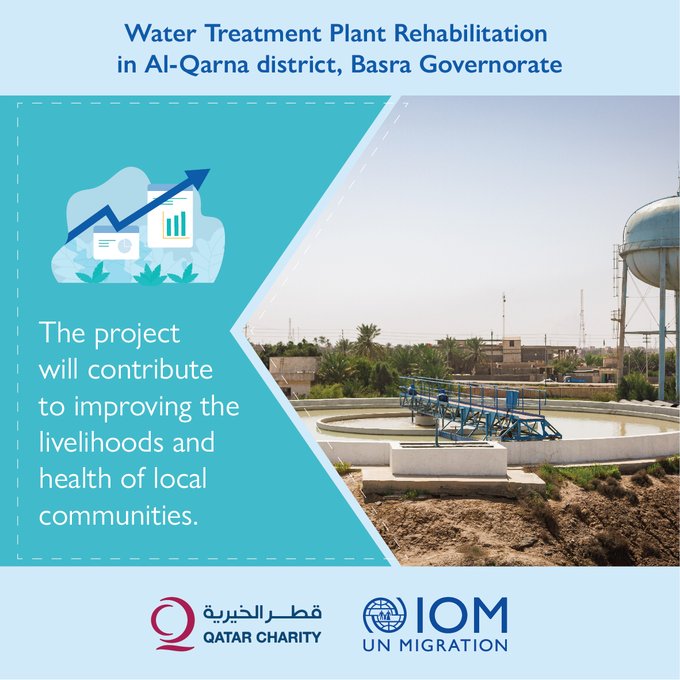My birthday is August 7, sandwiched between the anniversary dates for the bombings of Hiroshima and Nagasaki (on August 6 and August 9, 1945, respectively). I was six years old when the first bomb fell. My course in life was predetermined.
On September 2, 1945, when the local fire siren suddenly blared, my teacher asked, “What is that?” and I knew: The war was over.
It had been a really scary time in Melbourne, Australia, as the Japanese had threatened to invade us. Dad dug an air-raid shelter in our back garden, and the windows were blacked out while the city’s searchlights scanned the skies at night.
Elated, I walked home on that lovely sunny afternoon picking flowers along the way. It would be years later before I learned the awful truth about how the war ended.
What rained down on those two Japanese cities seventy-five years ago was destruction on a scale never seen before or since. People exposed within half a mile of the atomic fireball were seared to piles of smoking char in a fraction of a second as their internal organs boiled away. The small black bundles stuck to the streets and bridges and sidewalks of Hiroshima numbered in the thousands.
A little boy was reaching up to catch a red dragonfly with his hand against the blue sky when there was a blinding flash and he disappeared. He turned into gas and left his shadow behind on the pavement, a haunting relic later moved to the Hiroshima Museum. A woman was running while holding her baby; she and the baby were turned into a charcoal statue.
In all, about 120,000 people were killed immediately by the two bombs, and tens of thousands more died later due to radiation exposure.
The Iraqi economy, having suffered extensive collateral damage from the oil war, has weakened. Powerful, Iran-backed militias have grown more brazen. Corruption, already ingrained in the body politic, seems to have metastasised across every aspect of the state.
Even the weather has been worse than expected. Iraq is now wilting in the hottest summer ever recorded, with temperatures nearing 52 degrees Celsius (125 Fahrenheit) in Baghdad and 53C (127F) in Basra last week.
The heat threatens to bring the protests against electricity and water shortages — a summer fixture in the Iraqi political calendar — to a fever pitch. Some demonstrations in Baghdad have already boiled over into clashes with security forces: Two protesters were killed last Monday.
The political blocs that stand to lose in new elections will have sufficient incentive to try to stall them. Nahrain University Political Science Professor Yaseen al-Bakri told Al Monitor that “they want the current parliamentary term to be completed and avoid going to early elections because they are well aware of the little chances they have in the early elections.”
Stalling the electoral process could be as easy as hampering progress towards the establishment of a new electoral law. While parliament has passed the law, it has not sent the law to the president for approval because of disagreements between parliament’s rival factions.
Jalil Gadani, a long-time member of the Kurdistan Democratic Party of Iran (KDPI), passed away at Hiwa hospital in the Kurdistan Region’s eastern city on Thursday after being in intensive care for almost a week, according to an official statement published by the group on Thursday.
Gadani, who has been involved in Kurdish Iranian politics for more than six decades, split from the KDPI in 2006 with a number of senior members to form the splinter group called Kurdistan Democratic Party (KDP-Iran). He held senior positions in both parties for decades.
"Jalil Gadani was a book that was written over a 60 years period, my condolences to the Kurdish people," said Facebook user Hassan Ahmed.
On Sunday, Iraqi security forces detained a Kurdistan 24 team that was covering a clash between Kurdish villagers and several Arab families in the disputed Kirkuk province.
The incident occurred in the Guli Tapa village in southern parts of Kirkuk, where a confrontation ensued over land-ownership disputes. Shortly after, a Kurdistan 24 media team, made up of a reporter and a cameraman, arrived on the scene.
Local Kurds in Daquq district, where Guli Tapa is located, claimed that the Iraqi Federal Police had supported Arab families coming and attempting to take over lands Kurds own.
Upon arrival, "we were detained by a unit of Iraq's Federal Police for three hours in a window-tinted car," said Soran Kamaran, Kurdistan 24's reporter in Kirkuk province. Kurdistan 24 cameraman Nawzad Mohammad was accompanying Kamaran.
"We were told [by the security forces] that they do not allow such incidents to be reported," Kamaran said. He added that the police unit also confiscated their equipment and still hold on to them.
- Truest statement of the week
- Truest statement of the week II
- A note to our readers
- Editorial: Do you know Hamid Saeed?
- TV: HULU has a serious problem on its hands
- We are what we eat?
- Joe Biden wants your vote
- HULU has "no definite answer" -- or any real custo...
- HULU's redesign
- Elementary, dear Aaron, elementary
- This edition's playlist
- C.I.'s right Sean Worsely needs to sue the state o...
- Howie Hawkins on Nuclear Weapons
- Green party presidential candidate speaks with ABC15



